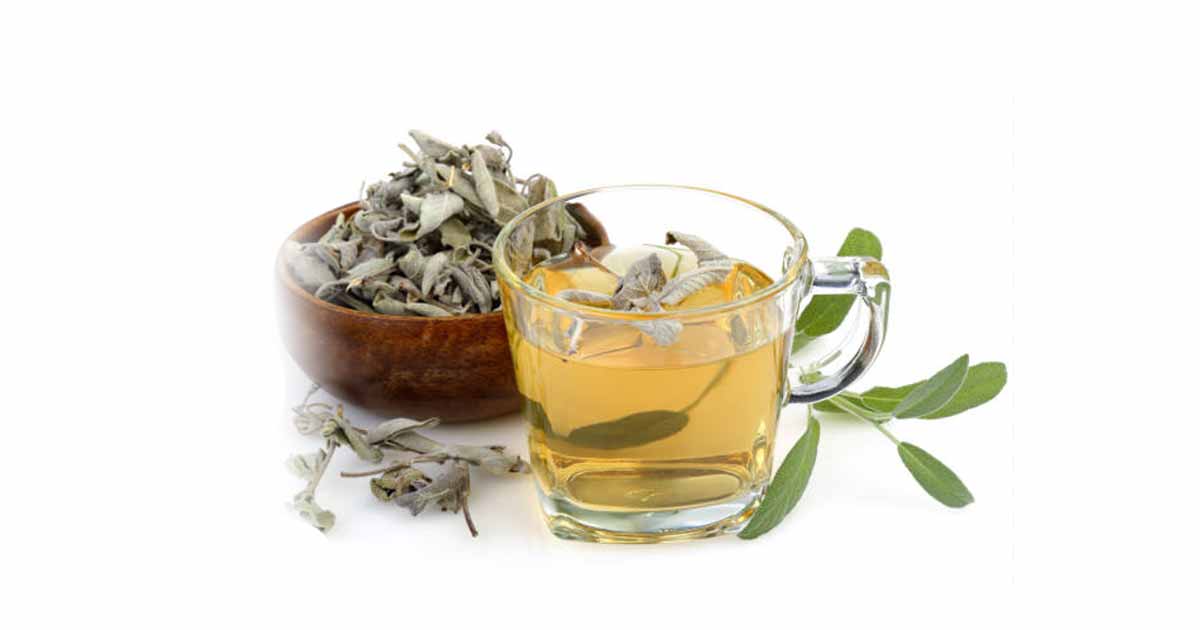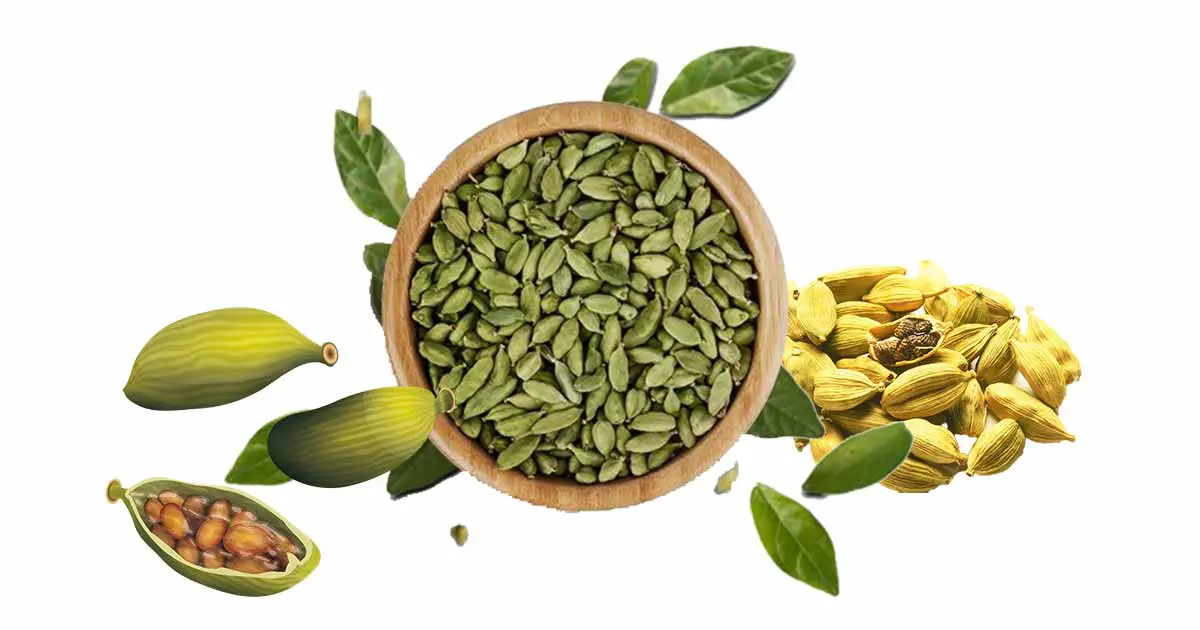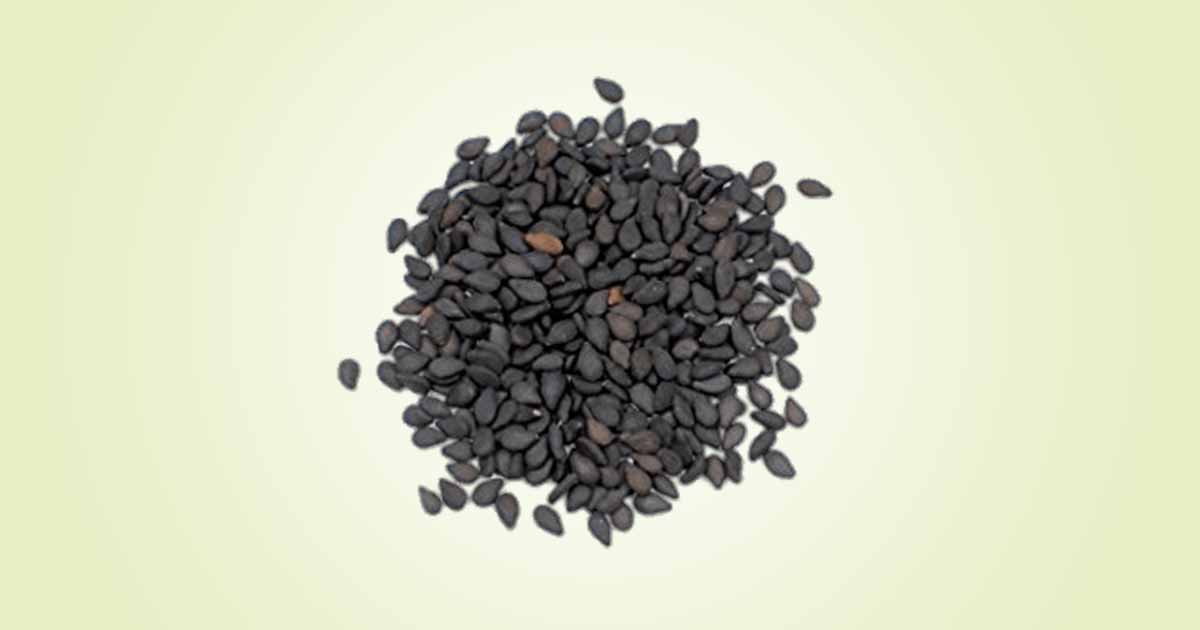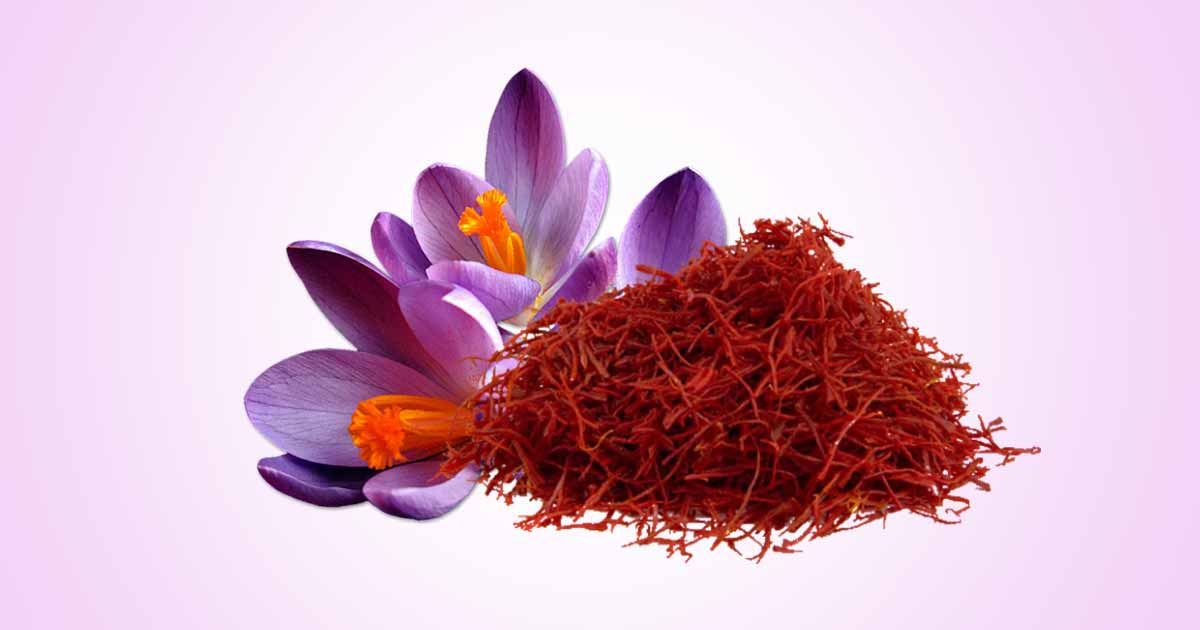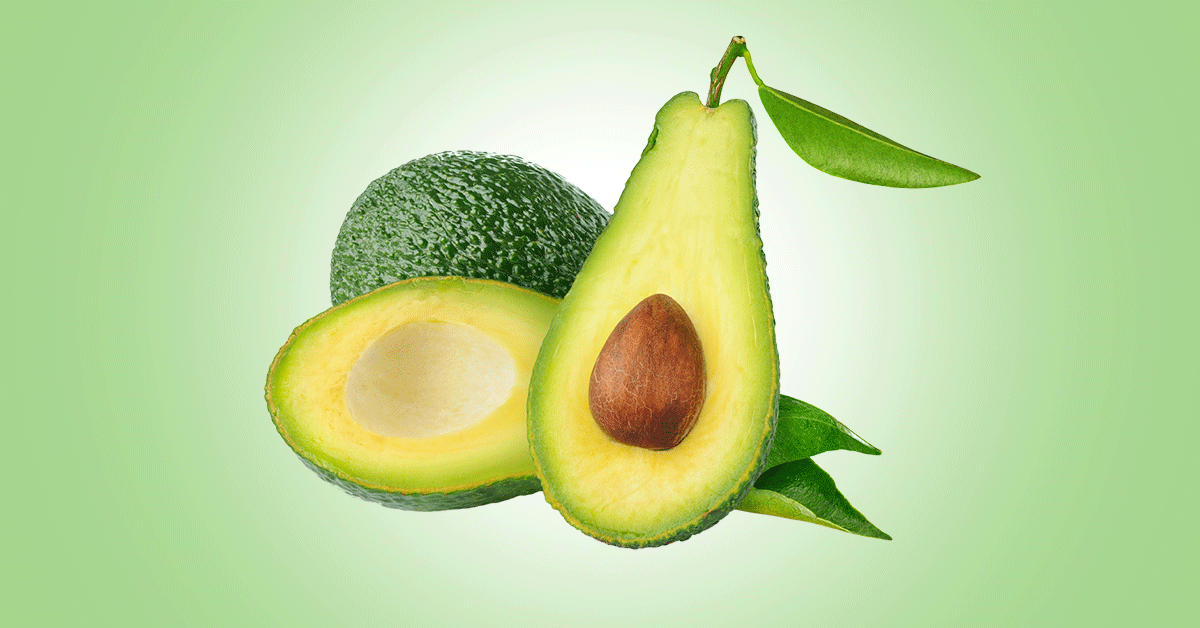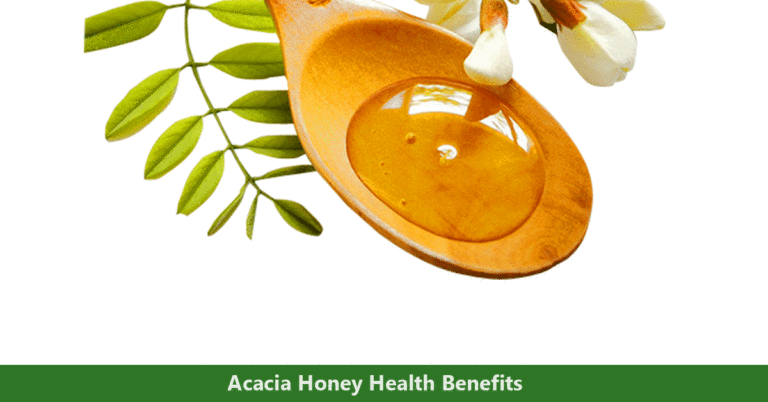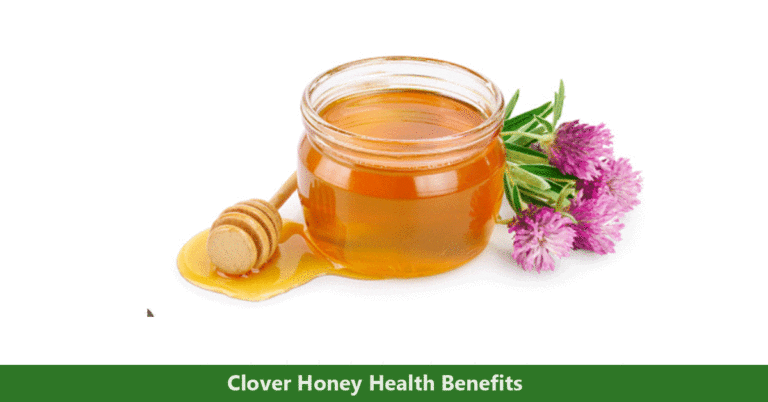Herbal tea formulation is now widely consumed due to numerous health benefits. Some teas such as sage tea, chamomile tea, green tea, are among the widely consumed herbal teas.
Sage tea is made from the infusion of the leaves of sage (Salvia officinalis L). There are different varieties of sage leaves such as tricolor garden sage, Greek sage, Spanish sage, garden sage, and grape sage.
The tea has minty, unique taste, and sweet taste. It is free of caffeine.
Sage tea contains carbohydrates, calories, flavonoids such as rosmarinic acid, and luleolin 7 glucoside, flavone such as salvinorin, phenolic acids such as camosic, rosmarinic, caffeic, and salvianolic acids. Essential oils include camphor, α-Thujone, β-Thujone, 1,8-Cineole, and α-Pinene.
There is high quantity of micronutrients such as calcium, vitamin K, carotene, lutein, potassium, and magnesium.
How to Make the Sage Tea
Sage can be paired with other herbal leaves such as lavender, peppermint, lemon, or rosemary to add minty or extra flavor. Sweeteners such as maple syrup, honey, raspberries, blueberries, or blackberries can be needed. Ginger roots can also be used.
A simple sage tea can be made with a cup of boiling water and sage leaves. You can steep the leaves for few minutes and strain it. To prepare the sage tea:
- Boil the water and add to a glass cup
- Add the sage leaves and other ingredients like lemon juice, cloves or cinnamon to add extra flavor.
- Allow to steep for 20 to 30 minutes, stirring occasionally.
- Strain out the sage leaves.
- Serve the tea.
Sage tea can also be made with the dried leaves’ infusion.
Health Benefits of Sage Tea
There are many health benefits associated with consumption of sage tea. They include:
Lowers lipid levels: A study was carried out by Carla M. Sá et al., with individuals who consumed sage tea for four weeks. The result showed that the tea lower plasma LDL cholesterol and total cholesterol levels, and increased plasma HDL cholesterol levels during and after the treatment.
Relieves menstrual symptoms: The tea may help to relieve symptoms such as night sweats and hot flashes during menstruation. It also improves calmness and relieves stress during this period.
Promotes a healthy heart: The tea has been found to lower cholesterol and LDL. It also contains antioxidants that prevent oxidative damage and inflammatory damage to the cardiovascular system. Micronutrient like potassium is of high quantity in sage. It reduces the risk of cardiovascular diseases such as high blood pressure, heart disease, and stroke.
Improves the digestive system: Sage tea can help in digestive issues such as indigestion, bloating, heartburn, acidity, constipation, and diarrhea.
It can be helpful in inflammatory bowel diseases such as Crohn disease and ulcerative colitis.
Improves the memory and cognition: Cognitive decline can be caused by disease, ageing, or inflammatory damage. In studies with Alzheimer’s disease patients, sage tea improved cognition and memory function.
Lowering of blood glucose: Sage can improve fasting blood sugar, postprandial glucose levels in diabetic patients.
Effect on hair and skin: Sage contain antioxidants which removes free radicals and prevent cell damage. These compounds and other anti-inflammatory compounds could help to prevent skin redness, inflammation, and damage.
As an antimicrobial agent, the sage essential oils may protect the hair from dandruff, itchy scalps, and other inflammations in the hair.
Treat respiratory symptoms: The tea can also soothe sore throat, cold, laryngitis, throat infection, and prevent gum diseases.
Side Effects
Sage tea contain compounds that may be harmful when consumed in large amount. It can cause unwanted side effects such as nausea, vomiting, diarrhea, and even convulsion. It is not recommended in pregnant women and breastfeeding mum, as it may cause adverse reactions in the unborn or neonates.
References
- https://www.ncbi.nlm.nih.gov/pmc/articles/PMC2769154/
- https://www.thespruceeats.com/sage-tea-recipe-766393
- https://www.phytojournal.com/archives/2019/vol8issue3/PartAS/8-3-98-315.pdf

